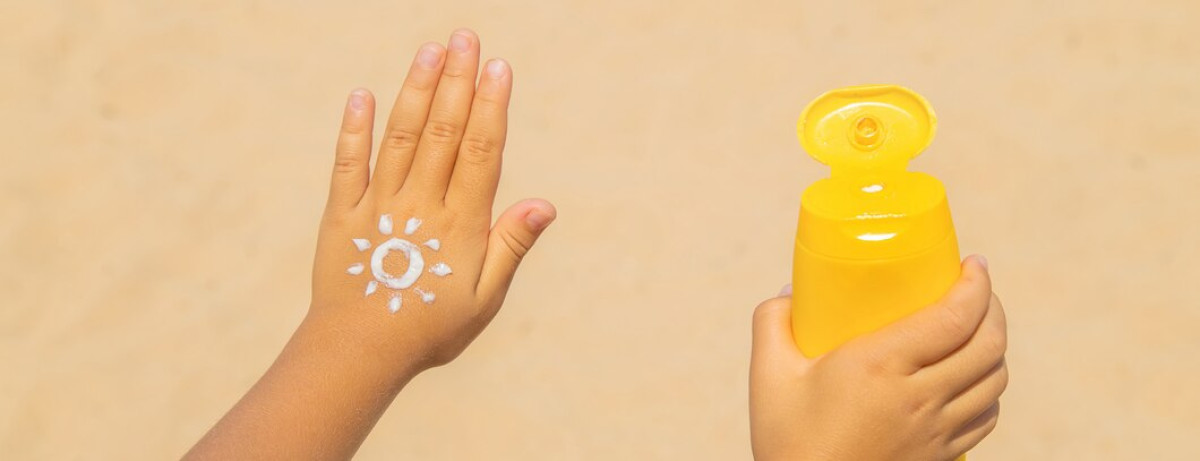
In the realm of skincare, sunscreens stand as indispensable guardians against the sun’s harsh rays. They not only shield us from sunburn but also play a pivotal role in preventing long-term skin damage, pigmentation and premature aging. Choosing the right sunscreen and knowing when to use it can significantly impact your skin’s health. Here’s a comprehensive guide on whom and when to use sunscreen, tailored for your skincare needs:
1. Choosing the Right Sunscreen:
Selecting a sunscreen involves more than just grabbing any bottle off the shelf. Consider the following factors:
- SPF (Sun Protection Factor): SPF indicates how well the sunscreen protects against UVB rays, which cause sunburn. Dermatologists generally recommend using sunscreen with SPF 30 or higher for adequate protection.
- Broad-Spectrum Protection: Ensure your sunscreen guards against both UVA and UVB rays, along with visible light, blue light from screens and infrared rays. Look for ingredients like zinc oxide, titanium dioxide, avobenzone, or Mexoryl SX for broad-spectrum coverage.
- Skin Type: Opt for sunscreens designed for your skin type—whether oily, dry, sensitive, or acne-prone—to ensure compatibility and effectiveness.
- Water Resistance: If you’ll be swimming or sweating, choose a water-resistant sunscreen and remember to reapply as directed.
2. When to Use Sunscreen:
Sunscreen should be a part of your daily skincare routine, regardless of the weather or season. Here’s when you should apply it:
- Everyday Use: Apply sunscreen every morning, even on cloudy days. UV rays penetrate clouds, so protection is essential year-round.
- Before Sun Exposure: Ideally, apply sunscreen 15-30 minutes before going outdoors to allow it to bind to your skin and provide maximum effectiveness.
- Reapplication: Reapply sunscreen every two to three hours, or immediately after swimming, sweating heavily, or toweling off.
- How much to apply: It is recommended to use one teaspoon full sunscreen lotion for a single application on the face.
- Is just sunscreen enough: Always consider adding physical photoprotective measures like umbrella, hats and sunglasses to improve protection from UV rays.
3. Who Should Use Sunscreen:
Sunscreen is recommended for everyone, regardless of gender or skin tone. More importantly, sunscreens is very essential in patients with pigmentary disorders like melasma, and photosensitive skin disorders like light eruption and lupus erythematosus, and rare genetic disorders like xeroderma pigmentosum.
Conclusion:
Sunscreens are one of your skin’s best defense against the sun’s harmful effects in addition to physical photoprotection. By choosing the right sunscreen for your skin type and incorporating it into your daily routine, you can safeguard your skin and maintain its health and beauty for years to come.
For personalized skincare advice or to explore our range of dermatologist-approved sunscreens, contact Crispr skin and hair clinic today. Let’s work together to keep your skin radiant and protected!
